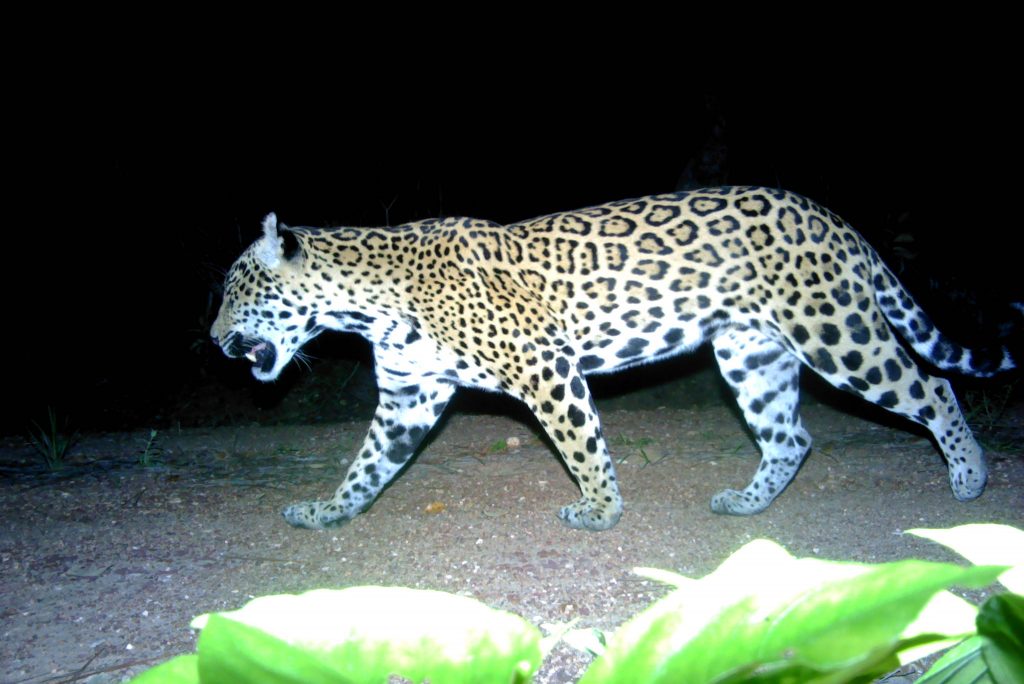
Last week, we hosted the first ever virtual Sanctuary Awards, celebrating the achievements of teams and individuals who have made an outstanding contribution to sustainability and conservation across the MOD estate.
The virtual awards ceremony was a huge success and I am delighted that so many individuals joined us to congratulate the winners of each award category. In this blog, I’d like to highlight those who were highly commended for the awards in projects involving DIO.
Sustainable Construction Award Highly Commended – Modular Build Project
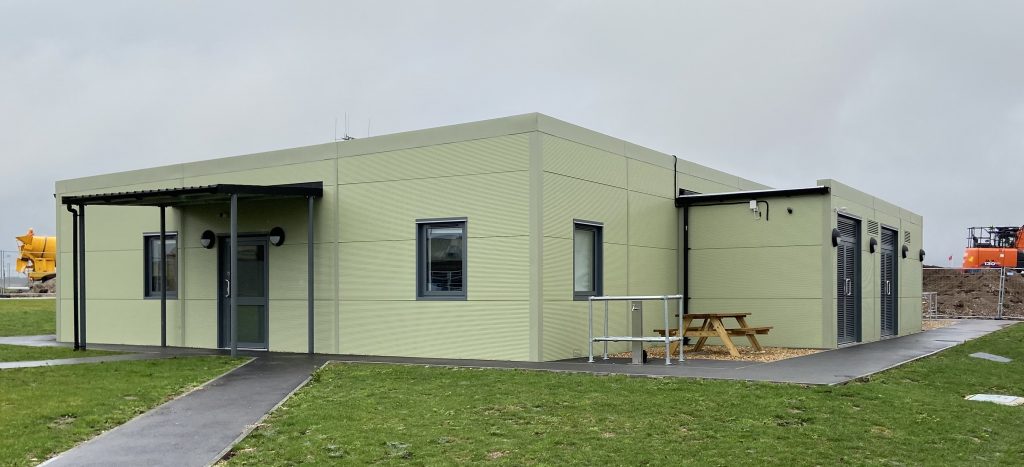
Congratulations to our industry partner Landmarc and contractor Reds10 who worked in partnership with DIO to deliver carbon efficient accommodation blocks at Westdown Camp on Salisbury Plain as part of the MOD’s £45m Net Carbon Accommodation Programme.
The new accommodation blocks are fitted with high-tech features such as air source heat pumps and rooftop solar panels, providing the building’s heating and energy requirements. The project scored only 12 on the A-rated Energy Performance Certificate, making it a nearly zero emissions building. Using SMART technology, three new accommodation blocks at Nesscliff Training Area, also received a score of -5, meaning the building can generate power for the site, reducing electricity costs. This technology will continue to drive improvements to the design to ensure all future buildings are carbon neutral.
Individual Achievement Award Highly Commended – Rebecca Wooldridge
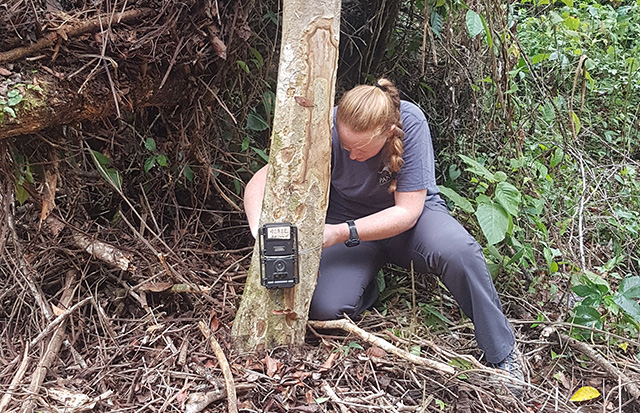
Congratulations to Becky Wooldridge, Wildlife Biologist for the international charity Panthera, who was highly commended in the Individual Achievement Award category for her outstanding work in assessing the impact of military training on wildlife in the Training Areas of Belize.
Since 2017, Becky has supported and advised DIO and the British Army Training Support Unit Belize (BATSUB) on environmental, safety and land security matters. Becky trekked 250km on foot each month to set up, inspect and download information from motion cameras, taking her through adverse weather conditions and dense jungles with dangerous wild animals.
Becky has also delivered jungle survival animal safety briefings to hundreds of soldiers, helping to dispel concerns for those entering the Belizean jungle for the first time.
Individual Achievement Award – Peter Feakes
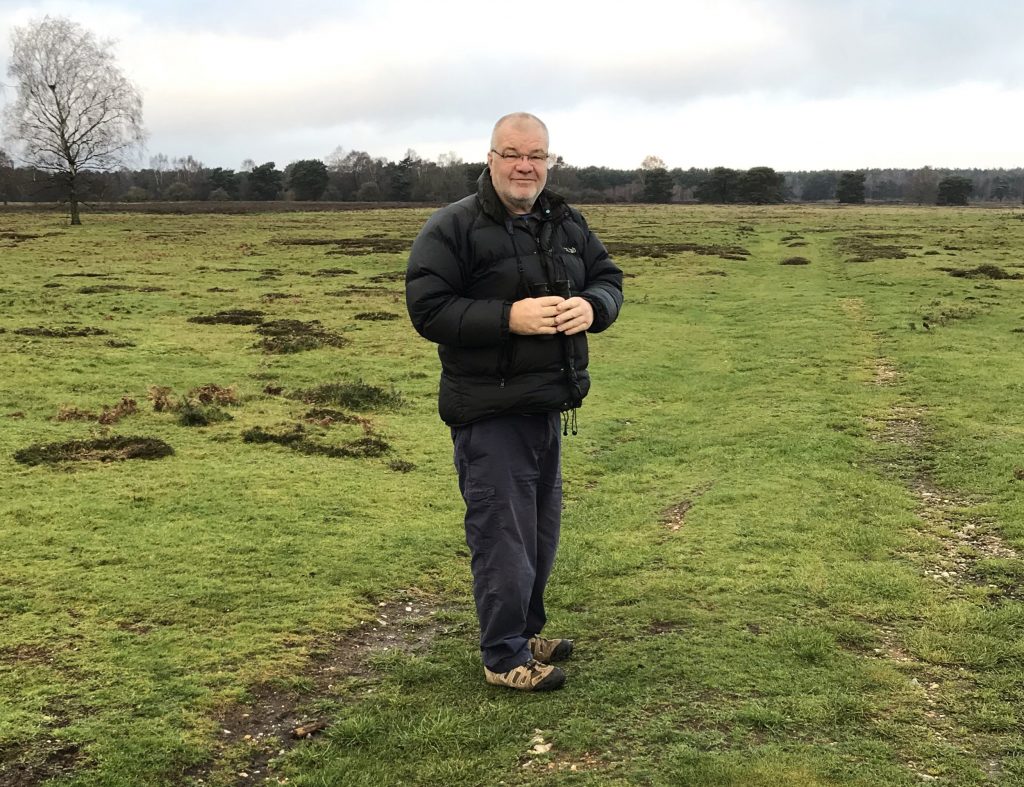
Peter Feakes was also highly commended in the Individual Achievement Award category for his dedication to conservation at the Stanford Training Area (STANTA) for over 40 years.
Peter’s passion for wildlife has led to several partnerships being developed with statutory bodies and non-government organisations. Peter is also a valued advisor to the MOD on all conservation issues related to the general management of the Training Area.
Peter has been a Bird Group Recorder since 1984 and was appointed Chairman of the group in 2008. Peter’s dedication to wildlife has led to the RSPB and Natural England delegating the monitoring of stone curlews at STANTA to Peter.
Peter’s knowledge in this area has helped to advise MSc research into nest predationof the common curlewon STANTA. Peter has also assisted and advised on a PhD study by the University of East Anglia on the ecology of the common curlew across Breckland.
Peter’s knowledge of wildlife and habitats has allowed him to lead and support projects carried out by academic bodies including a 10-year project with the University of East Anglia on soil conditions on STANTA heathland. Peter’s dedication has not only benefited the wildlife on STANTA but has also enhanced the MOD’s reputation towards its conservation efforts, congratulations to Peter.
Environmental Protection and Enhancement Award – Reintroduction of Marsh Fritillary Butterfly Project
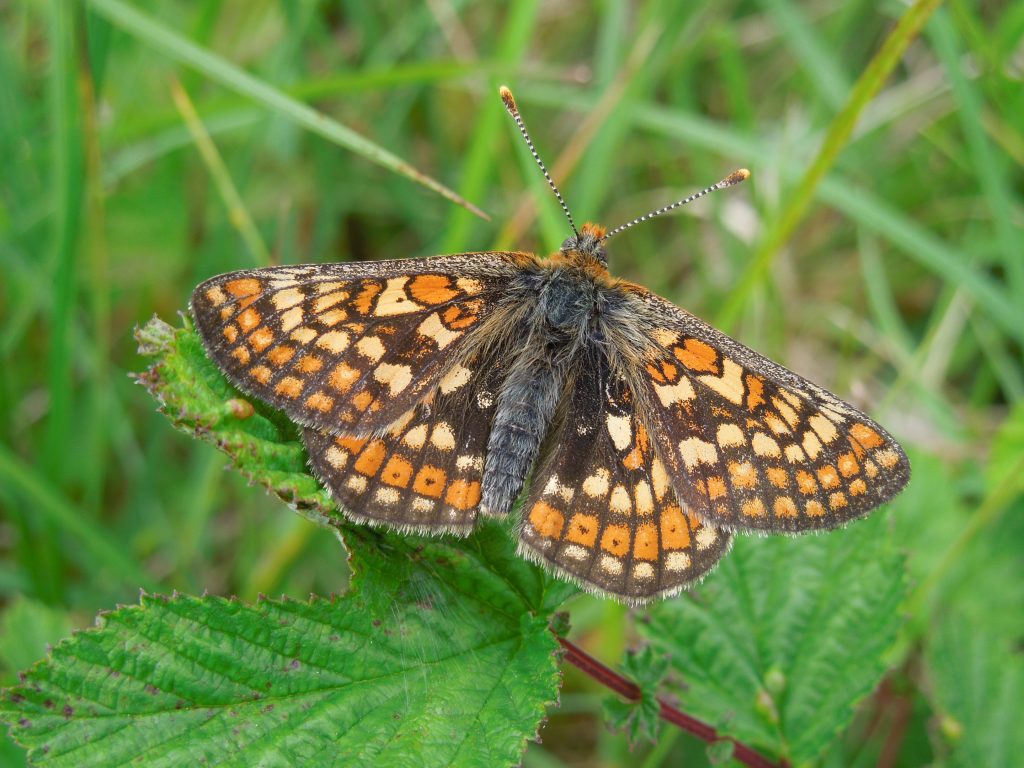
This successful project resulted in the marsh fritillary butterfly flying in north-east Hampshire for the first time in over 25 years, thanks to the joint partnership working between the Butterfly Conservation, Hampshire & Isle of Wight Wildlife Trust (HIWWT), Natural England and DIO.
The marsh fritillary butterfly is a European Protected Species which has suffered from significant habitat loss over past decades. Since the 1970’s, is the species has declined by 80% in the UK and was lost from north-east Hampshire in the 1990s. To combat this, HIWWT began to manage parts of the Minley Training Area, gradually bringing habitat back into breeding conditions suitable for the marsh fritillary.
After four years of planning, 300 marsh fritillary larvae were collected under license from six sites on Dartmoor. Subsequent captive breeding produced 27,000 marsh fritillary larvae, that were released into a wet meadow habitat at Minley Meadows, with the first butterflies flying in May 2018 and increased numbers in 2019. In late 2020, almost 200 adults have been seen flying over the training area, a great result!
You can read more about the Sanctuary Awards and other conservation and sustainability work happening across the Defence estate in the 2020 Sanctuary Magazine. If you are interested in entering the 2021 Sanctuary Awards, please email DIO-Sanctuary@mod.gov.uk for more information.